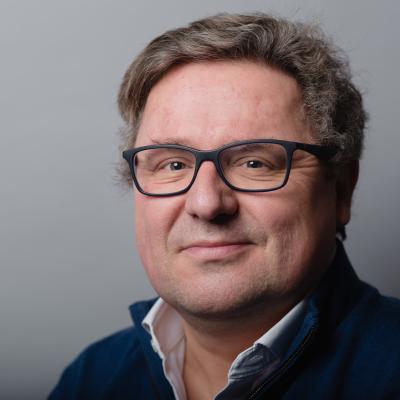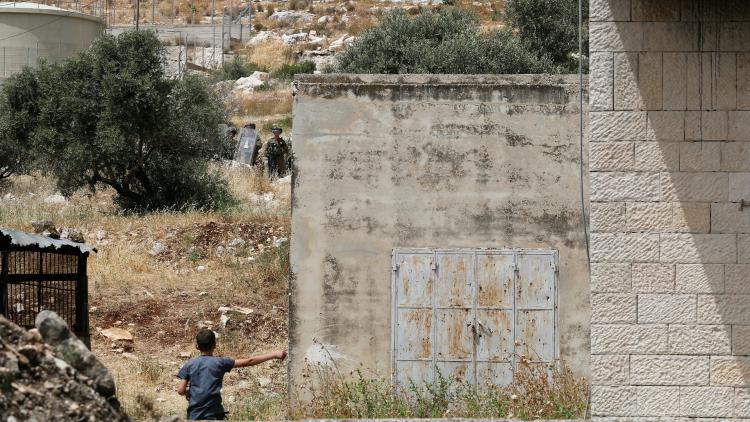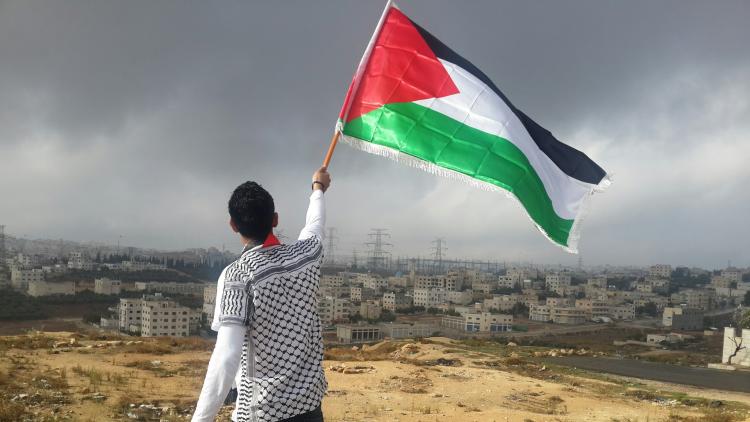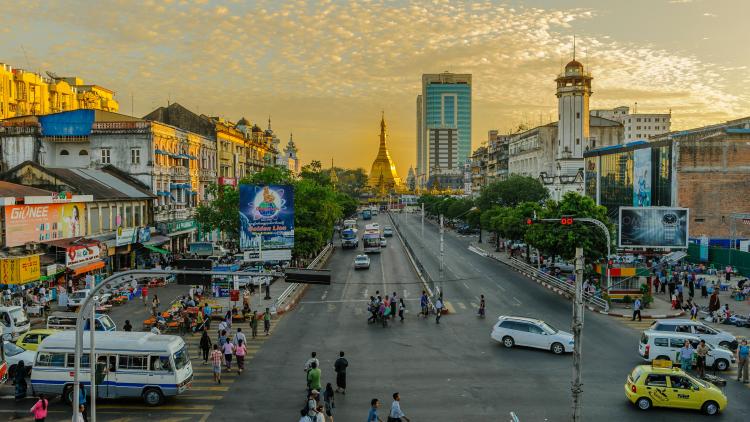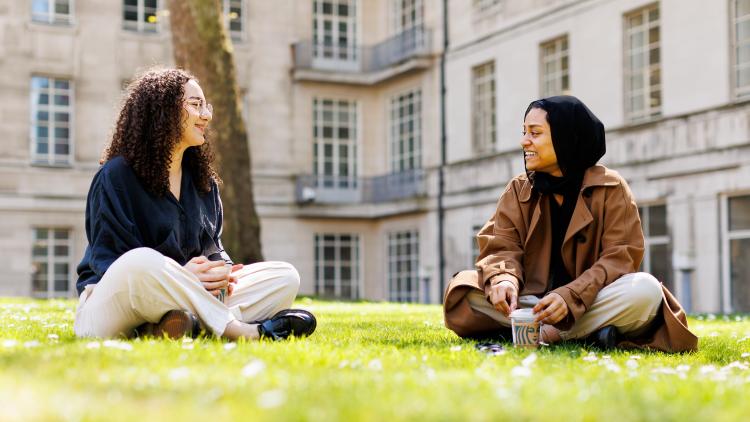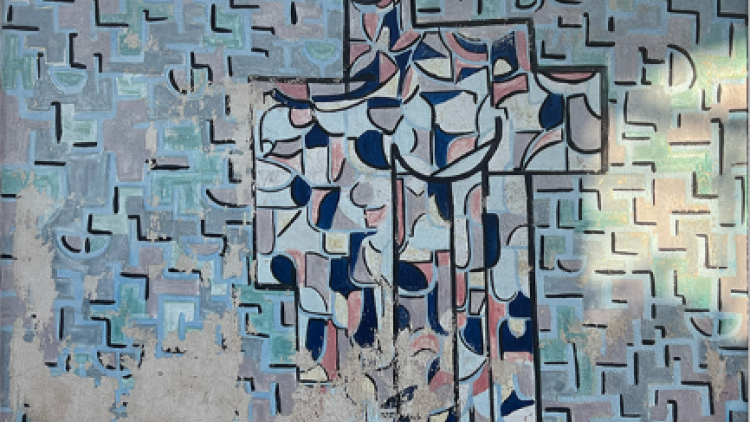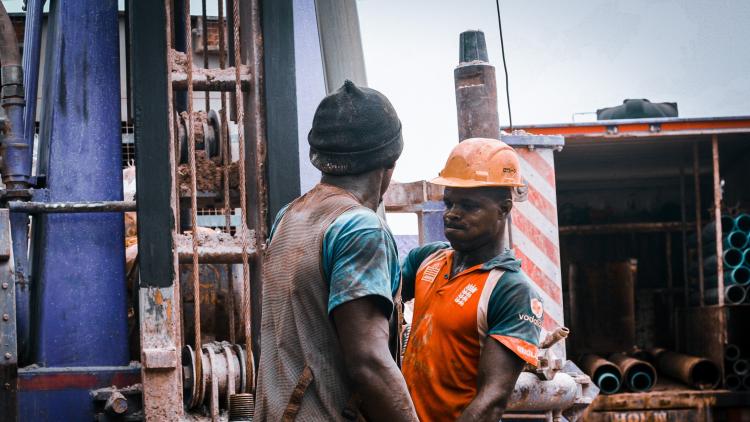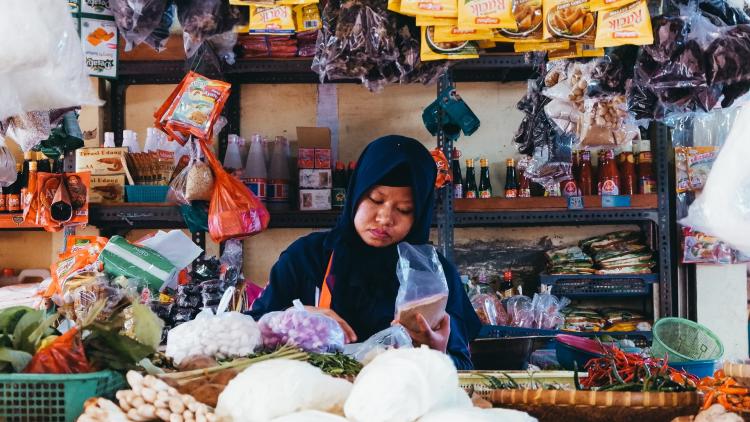MPhil/PhD in International Development


Key information
- Duration
- 3 years full-time or 6 years part-time
- Attendance mode
- Full-time or part-time
- Location
- On campus
- Fees
-
Home (full-time): £5,055 per year
International (full-time): £23,390 per year - Entry requirements
-
We normally require a 2.1 bachelor's degree plus a Masters degree with a Merit classification in a Social Science plus one reference. In exceptional cases we may accept applicants who do not meet these criteria if they show evidence of a strong Masters degree and/or appropriate level of relevant work experience. International applicants should also see Doctoral School English language requirements.
Course overview
Study our on-campus MPhil/PhD in International Development Studies at SOAS to realise your potential to define and solve pressing global forces and transform the world with your research impact.
As a PhD researcher, you’ll join our renowned globally diverse research community with access to research and teaching opportunities, as well as a substantial series of seminars presented by leading development professionals and practitioners.
Students may follow the PhD pathway in International Development by being based at either SOAS, LSHTM or IoE. All PhD students on the International Development pathway will attend an advanced research training seminar run by LIDC.
The series will provide students in the ESRC Doctoral Training Centre's International Development Pathway with a broad understanding of interdisciplinary approaches to development, and a detailed understanding of selected areas of interest.
All MPhil/PhD in International Development research students will participate in the compulsory course work and attend research student seminars in the college and department where they are registered for the MPhil/PhD. At SOAS the Economics and Development Studies departments hold seminar series and students will be expected to involve themselves in the work of the relevant research clusters.
Admissions process
There are three admissions routes to the MPhil and PhD in International Development:
- The 1+3 structure: Following successful completion of the MSc Research for International Development at SOAS. ESRC 1+3 studentships are available to fund this route.
- The +3 structure: By direct applications for MPhil/PhD in International Development admission . ESRC 1+3 studentships are available to fund route.
- The 4 structure: not currently available at SOAS.
Why study MPhil/PhD in International Development at SOAS?
- We are ranked 5th in the world for Development Studies (QS World University Rankings 2025)
- We are ranked 2nd in the world for Academic Reputation (QS World University Rankings 2025)
- We are ranked top 30 in the UK for Economics (QS World University Rankings 2025)
- We are top 40 in the UK for Economics (Complete University Guide 2023)
- Our academic staff create an intellectually stimulating and challenging space across the many branches of international development and humanitarianism that make up Development Studies. All modules engage with questions of climate crisis, recognising its impact and interaction with processes of inequality and change
- Our staff specialise in a range of thematic areas including sustainability and climate change, migration and displacement, conflict, humanitarian action, labour, political ecology, and aid and institutions
Identifying a supervisor
Potential applicants are advised to personally discuss their (draft) research proposal with (a) potential supervisor(s) (see departmental staff list) and sound their willingness to supervise. This significantly increases the chance of a successful admission application.
Support for preparing and submitting an application
In order to help you in preparing and submitting an application for the MPhil/PhD in international Development at SOAS, we have prepared some information documents with further advice and information.
- Undertaking a PhD in the Department of Development Studies (PDF, 146KB) at SOAS
- Information and advice on the application process (PDF, 138KB)
- Answers to questions we're asked about applying for a PhD in our department (PDF, 139KB)
Structure
This course has been created to:
- encourage and enable students to complete an original thesis in the expected time
- provide training and experience in fieldwork and across a variety of schools of thought and in a variety of statistical techniques
- allow flexibility in training to suit students with different backgrounds and subsequent research needs
- make available and to monitor first class research supervision with the involvement of at least two members of staff through individual Research Student Committees
- encourage knowledge of other relevant disciplines and the adoption of an interdisciplinary approach where appropriate
- equip students with the ability to assess one another's work critically, whether in response to written or spoken presentation
- obtain language skills as appropriate
- ensure a congenial and productive environment for the conduct of research through availability of a wide range of facilities and full participation in the intellectual life of the Department and School. Library facilities are outstanding and computing facilities are attuned to student needs
- emphasise the relevance of research to theoretical, empirical and policy issues
- draw upon the Department's particular strengths, especially its expertise in different approaches to economic problems and its experience in problems of development, specific regions, and comparative analysis
- involve students in the specialised Centres of the School where appropriate
- form part of the academic community of the Department, participating where appropriate in collaborative research with members of staff, with some opportunities for teaching
- offer unique opportunities for interdisciplinary and regional research, and the scope to learn or improve a language where appropriate
Important notice
The information on the website reflects the intended programme structure against the given academic session. The modules are indicative options of the content students can expect and are/have been previously taught as part of these programmes. However, this information is published a long time in advance of enrolment and module content and availability is subject to change.
Teaching and learning
Supervision
1. The role of the second and third members of the Supervisory Committee (SC) will be focused on the following two core tasks:
- Participate in the upgrade process of the student, including the final decision relating to his/her transfer from MPhil to PhD.
- Participate in other decisions relating to his/her eligibility for enrolment on Extension of Writing-up (Continuation) Status or, where necessary, termination of registration.
2. In addition to these core roles, the second and third members of the SC may be expected to:
- Enhance or augment the supervision of the student by contributing additional guidance and expertise, if required/sought by the student and/or the supervisor throughout the time of active research.
- To act on behalf of the supervisor during unforeseen periods of absence. This role will have to be agreed by consent of all parties (student, supervisor and the two members of the SC) and one of the two members will be designated as cover in absence for the period in question.
3. Only rarely is joint supervision allowed, for which a strong case would need to be made. Whilst the primary responsibility for guiding student's research and to review written work and progress rests with the supervisor once upgrade is successfully completed, other members of the supervisory committee must receive student’s thesis drafts at appropriate times, with support also available to students from the Departmental Empirical Support Committee (DESC).
Part-time students
Part-time students are expected to follow the same programme as the full-time students, except that they will take the initial training over two years instead of one. The Research Student Seminar and Departmental Seminars take place in the early evening to allow students in full-time employment to attend. Supervision is available in the evenings where necessary, and research student committees consider the progress of part- time students as regularly as for full-time students.
Computing facilities
Full computing facilities are available to postgraduate students. Computers dedicated for the use of research students in the Economics Department are also available. Software includes word-processing, specialised statistical, econometrics and spreadsheet packages. The Schools' computing staff are on hand to assist with general computing problems.
SOAS Library
SOAS Library is one of the world's most important academic libraries for the study of Africa, Asia and the Middle East, attracting scholars from all over the world. The Library houses over 1.2 million volumes, together with significant archival holdings, special collections and a growing network of electronic resources.
Fees and funding
Please note that fees go up each year. See research fees for further details.
Employment
A degree from the Department of Development Studies at SOAS will further develop your understanding of the world and how society is organised, with specific focus on violence and conflict, the role of aid, refugees and forced migration. Graduates leave with a range of transferable skills, including critical thinking, analytical skills and cultural awareness.
Recent graduates have been hired by:
- Amnesty International
- BBC World Service
- British Embassy Brussels
- Department for International Development
- Economist Intelligence Unit (EIU)
- Embassy of Japan
- Government of Pakistan
- Hong Kong Economic & Trade Office
- International Committee of the Red Cross (ICRC)
- International Labour Organization (ILO)
- KPMG LLP
- Médecins Sans Frontières (MSF)
- National Health and Medical Research Council
- Overseas Development Institute
- Oxfam
- Royal Norwegian Embassy
- Save the Children UK
- The World Bank
- Thinking Beyond Borders
- US Department of State
- UN World Food Programme
- UN High Commissioner for Refugees
- WaterAid
Find out about our Careers Service.
